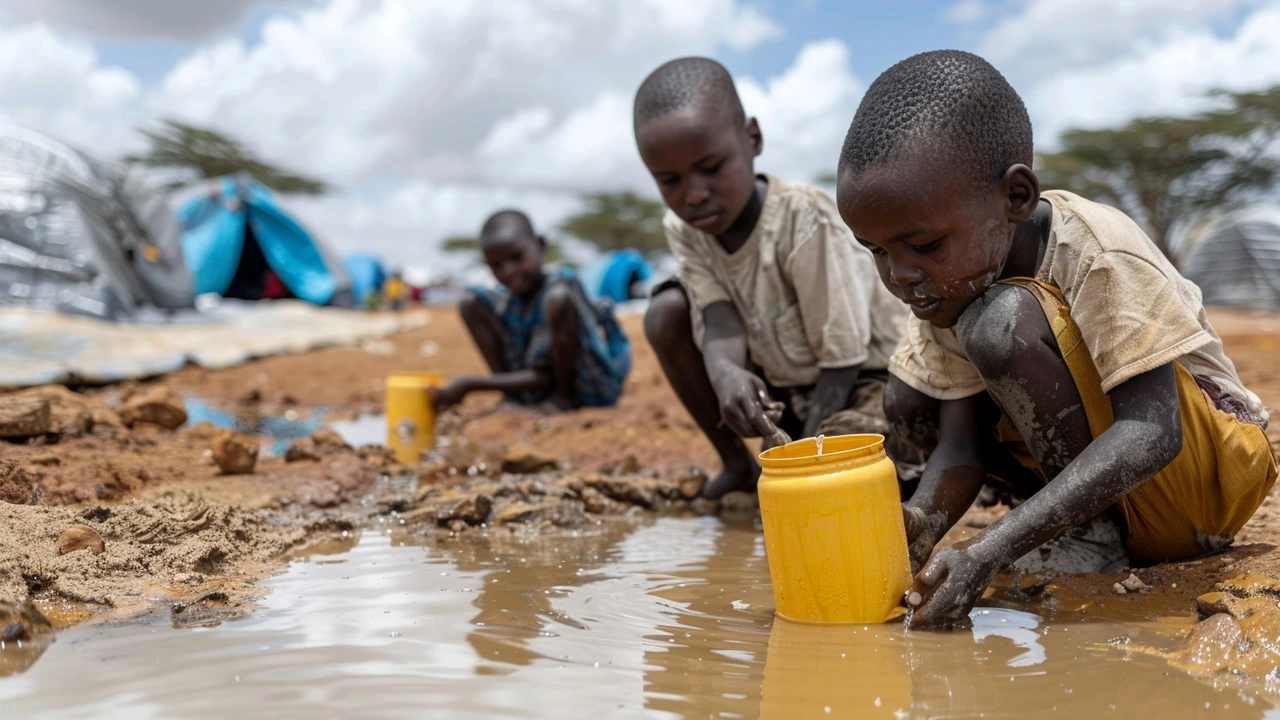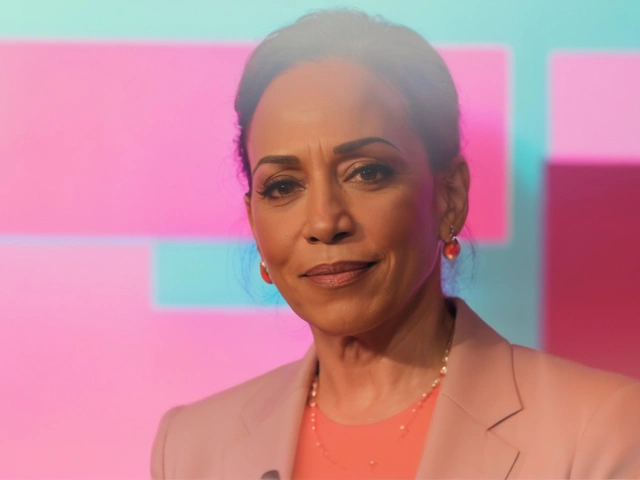Health News You Need to Know: Fighting Cholera in Africa
Health issues like cholera outbreaks can spread fast and disrupt many lives. Recently, Nigeria, especially Lagos, has seen a steep rise in cases. This isn’t just a headline; it’s something affecting families and communities every day.
Why does cholera spike in places like Lagos? A big reason is poor sanitation and water contamination. When rain seasons hit, water sources get dirty, and the bacteria causing cholera easily spread. It’s hard to keep clean water safe when city drainage can’t cope with heavy rainfalls and crowded urban neighborhoods.
What’s Happening in Lagos and Beyond?
The Lagos government reports over 21 deaths linked to cholera and nearly 400 cases so far. Experts like Dr. Kemi Ogunyemi point to big gatherings, like those during the Eid el Kabir celebrations, as times when disease transmission jumps. Schools are responding by requiring face masks to slow down the spread. But it’s not just Lagos; cholera cases are now seen in about 30 Nigerian states, showing how quickly this can become a national issue.
What Can You Do to Stay Safe?
First things first: always use clean, boiled, or treated water for drinking and cooking. Wash your hands often, especially before eating and after using the bathroom. Avoid eating food from street vendors if you’re unsure about how it’s prepared. If you start feeling symptoms like diarrhea or vomiting, get medical help fast—cholera can be deadly without treatment.
Communities and governments are working to improve sanitation and provide clean water, but it takes time. Meanwhile, staying informed and practicing simple hygiene steps can make a huge difference for you and your loved ones.
Keep an eye on updates from health authorities like the Nigeria Centre for Disease Control (NCDC). They provide alerts and advice to help protect health in the face of outbreaks. Together, informed and careful actions reduce the spread and save lives.

Trump warns pregnant women about Tylenol, sparks medical uproar over autism link
President Trump told pregnant women to skip Tylenol, saying it fuels autism, while promoting leucovorin as a cure. Doctors and autism experts slammed the claim, noting the evidence is flimsy and urging families to follow established medical advice. The controversy highlights the clash between political statements and scientific consensus on drug safety during pregnancy.

Lagos Cholera Outbreak: Death Toll Reaches 21 Amid Rising Cases
The cholera outbreak in Lagos has intensified, with the death toll climbing to 21 and nearly 400 cases reported. The Lagos state government confirmed the increase and noted the disease's spread to 30 states. Dr. Kemi Ogunyemi linked the surge to recent large gatherings, particularly during the Eid el Kabir festivities. Educational institutions have enforced face mask mandates to curb the outbreak.

NCDC Warns of Worsening Cholera Outbreak: 30 Lives Lost as Cases Rise
The Nigeria Centre for Disease Control (NCDC) has raised alarms over a worsening cholera outbreak amid the rainy season, reporting 1,141 suspected cases and 30 deaths since January 2024. Efforts continue to address poor sanitation and water contamination in affected regions.
Categories
- Sports (146)
- Politics (22)
- Entertainment (20)
- World (15)
- News (10)
- Lifestyle (8)
- Business (6)
- Technology (3)
- Health (3)
- Environment (2)



